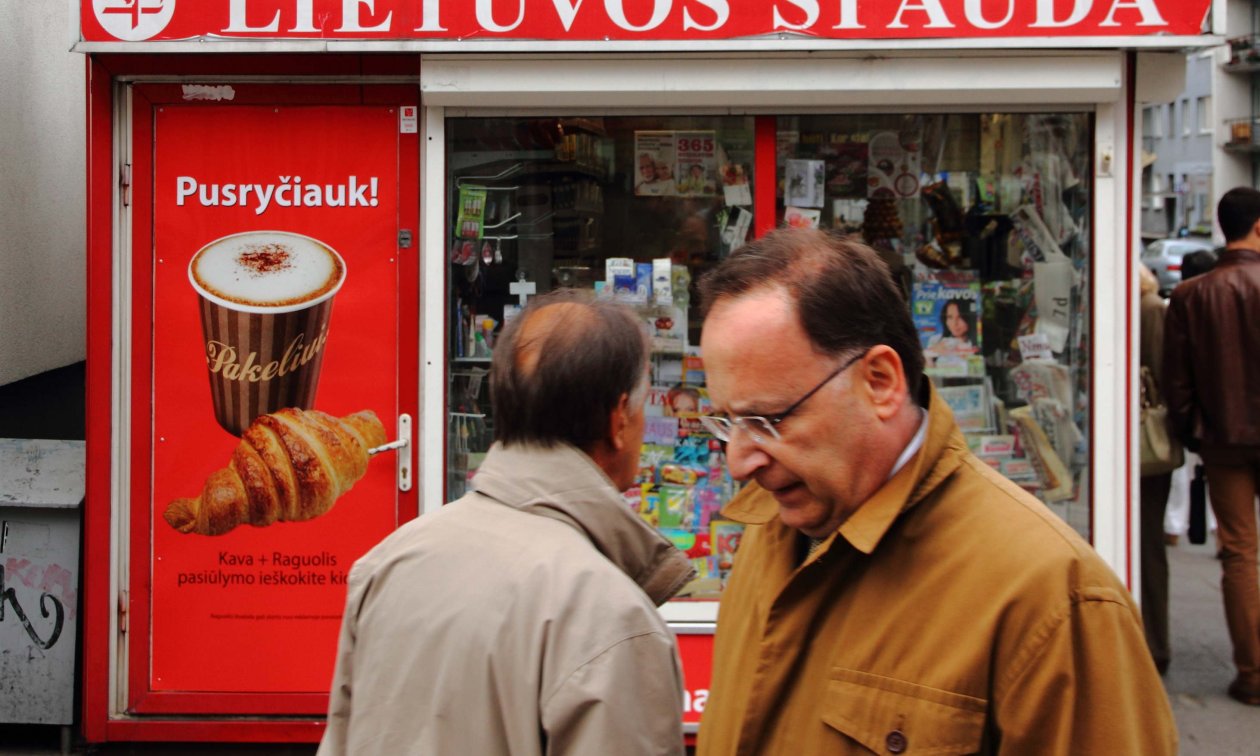Lithuania proudly occupies a leading position in the international press freedom ranking, but its media are going through tough times financially. National daily newspapers are a thing of the past and websites are also fighting for survival, especially since the Covid crisis.



















